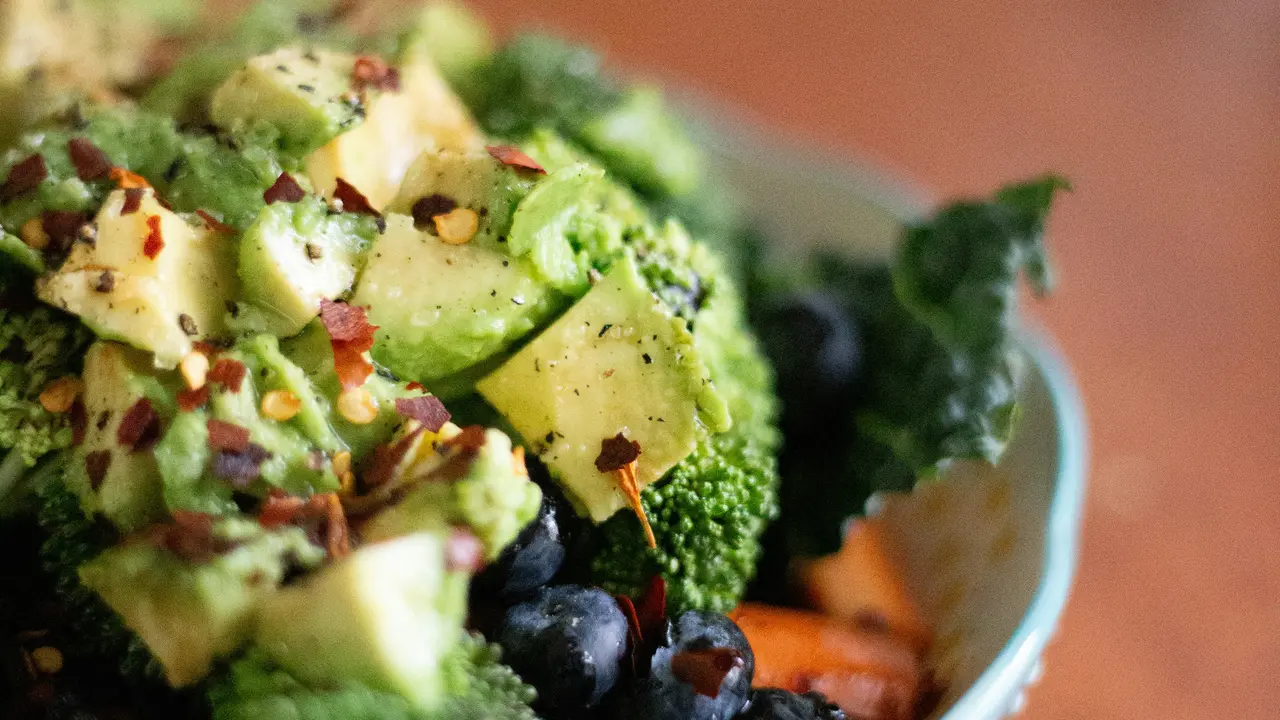Are you curious about the nutritional benefits of shrimp? Specifically, what vitamins are in shrimp? This delicious seafood not only provides a delightful taste but also offers numerous health benefits. In this article, we’ll explore the essential vitamins found in shrimp and how they can contribute to your overall well-being.
Understanding What Vitamins Are in Shrimp
The Nutritional Profile of Shrimp
Shrimp are a popular seafood choice due to their low-calorie content and high nutritional value. Packed with a variety of essential vitamins, shrimp are a great addition to a balanced diet. Let’s take a closer look at the key vitamins you can find in shrimp.
Vitamin B12: A Vital Nutrient
One of the standout vitamins in shrimp is Vitamin B12. This vitamin plays a crucial role in:
- Supporting red blood cell formation
- Maintaining healthy nerve cells
- Contributing to DNA synthesis
With a significant amount of Vitamin B12 in shrimp, incorporating this seafood into your meals can help prevent deficiencies and promote overall health.
Vitamin D: The Sunshine Vitamin
Shrimp is also a good source of Vitamin D, which is known as the “sunshine vitamin.” This vitamin is essential for:
- Enhancing calcium absorption
- Supporting bone health
- Boosting immune function
Including shrimp in your diet can help you maintain adequate Vitamin D levels, especially in regions with limited sunlight.
Other Beneficial Vitamins Found in Shrimp
Vitamin A: For Healthy Vision
Another important vitamin present in shrimp is Vitamin A. This nutrient is essential for:
- Maintaining good vision
- Promoting healthy skin
- Supporting immune function
A diet rich in Vitamin A can help protect your eyesight and keep your skin glowing.
Vitamin E: The Antioxidant Hero
Shrimp also contains Vitamin E, an antioxidant that helps combat oxidative stress in the body. The benefits of Vitamin E include:
- Protecting cells from damage
- Supporting skin health
- Enhancing immune function
Adding shrimp to your meals can help you reap the antioxidant benefits that this vitamin provides.
How to Incorporate Shrimp into Your Diet
Delicious Shrimp Recipes
Now that you know what vitamins are in shrimp, you might be wondering how to include this nutritious seafood in your meals. Here are some delicious ways to enjoy shrimp:
- Shrimp stir-fry with vegetables
- Garlic butter shrimp with pasta
- Shrimp tacos with fresh toppings
- Grilled shrimp skewers with spices
These recipes not only offer great flavor but also allow you to benefit from the vitamins and nutrients found in shrimp.
Cooking Tips for Maximum Nutritional Value
To ensure you are getting the most nutrients from shrimp, consider the following cooking tips:
- Avoid overcooking, as this can diminish nutritional value.
- Pair with colorful vegetables for added vitamins and minerals.
- Experiment with healthy cooking methods like grilling, steaming, or sautéing.
Utilizing these techniques can help you create meals that are both satisfying and nutrient-dense.
Conclusion
In summary, shrimp is not only a tasty seafood option but also a powerhouse of essential vitamins such as Vitamin B12, D, A, and E. Adding shrimp to your diet can provide numerous health benefits, including improved vision, enhanced immune function, and stronger bones. So, why not add this nutrient-rich seafood to your next meal? Share this article with your friends and family to spread the word about the incredible vitamins found in shrimp, and check out our other articles for more healthy eating tips!
Vitamins – Recent Articles
- Can I Bring My Vitamins on a Plane? Essential Travel Tips!
- Should I Take a Multivitamin or Individual Vitamins? Find Out!
- Can You Eat Gummy Vitamins with Braces? Find Out Now!
- Will Vitamins Affect Birth Control? Discover the Surprising Truth!
- Do Vitamins Make You Pee More? Discover the Surprising Truth!
Vitamins – Useful Links
- NIH Office of Dietary Supplements — Vitamin and Mineral Supplement Fact Sheets
- WHO — Vitamin and Mineral Nutrition Information System (VMNIS)
- MedlinePlus — Vitamins (Encyclopedia)
- CDC — Micronutrient Facts
- NHS — Vitamins and minerals
